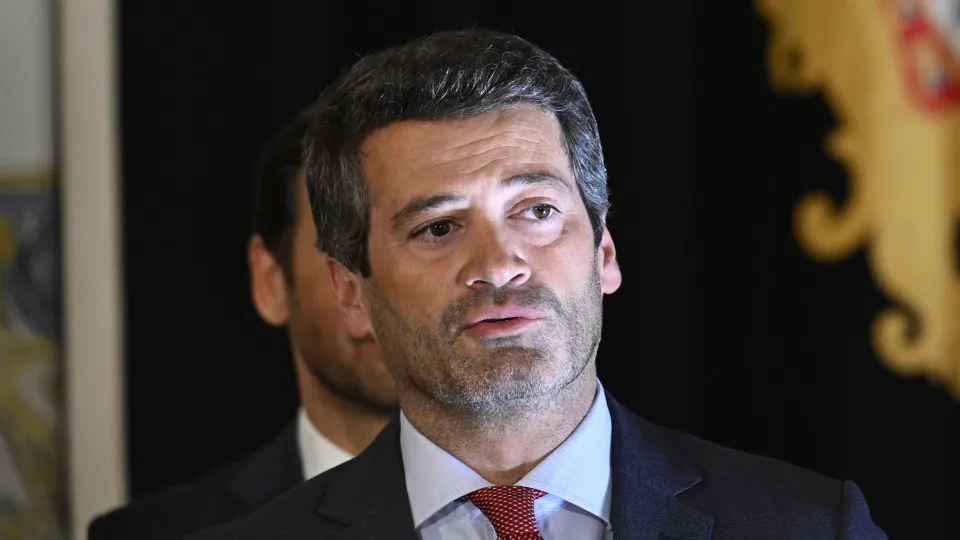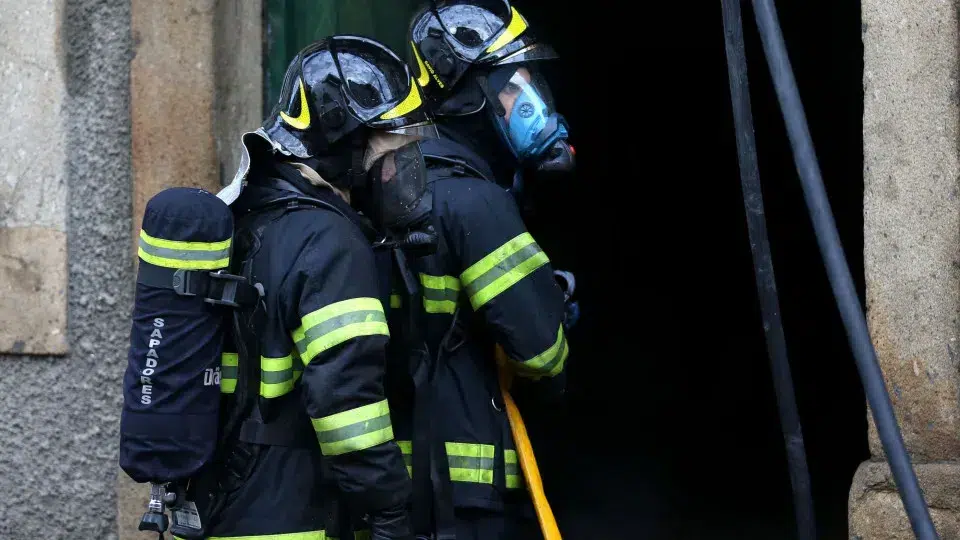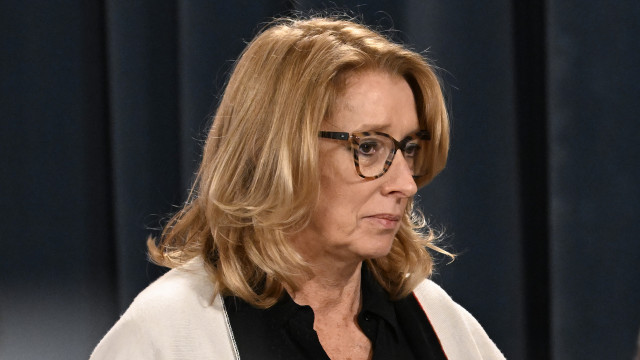“It is important to highlight that we are dealing with a significant shortage of personnel,” stated the Attorney General during his speech at the opening of a conference of the Association of Judges of the Administrative and Tax Jurisdiction of Portugal (AMJAFP) in Évora.
Amadeu Guerra, who declined to comment to journalists on the sidelines of the conference, indicated in his address that “a needs assessment” for the Public Prosecutor’s Office (MP) is currently underway.
This process, aimed at identifying gaps, seeks to “create conditions that enable the Ministry of Justice to plan medium-term needs for the MP workforce until 2030,” he elaborated.
Speaking at the conference about administrative and tax jurisdiction, the Attorney General mentioned the “shortage of prosecutors in the Public Prosecutor’s Office” in this branch of law and provided figures.
“Legal framework 83 prosecutors, appointed prosecutors 61. We have a shortfall of 22 prosecutors. A similar situation occurs in the Central Administrative Courts, where we have 15 prosecutors, with a minimum framework of 27 or a maximum framework of 39,” he specified.
The Attorney General emphasized that there has been ongoing advocacy for “equal recruitment” of judicial magistrates and prosecutors in courses at the Center for Judicial Studies (CEJ).
“All along, recruitment courses for judicial magistrates have been open for administrative and tax jurisdiction without considering that we need to provide prosecutors for this jurisdiction,” he stressed.
Facing this situation, Amadeu Guerra advocated, “for reasons of equality, for the same number of judicial magistrates as Public Prosecutors to be established when applications to the CEJ are opened.”
He also lamented the lack of initial training in this jurisdiction and noted continual insistence on conducting training activities for “prosecutors who, at an advanced stage in their careers, end up being placed in this jurisdiction.”
“The CEJ has responded to this request to the extent of its availability by planning continuous and specialized training activities. However, we believe this training for prosecutors should be concentrated in a subsequent phase of the movement, possibly in September, and for an uninterrupted period of at least one week,” he underscored.
Amadeu Guerra expressed a desire to create with the CEJ “a solution that allows prosecutors placed for the first time in this jurisdiction to have general initial training, accelerated and aimed at supporting their adaptation to a new reality.”
The Attorney General also highlighted the expectation of finding “an adequate response in the legislation that aims to establish a framework of advisers for the courts.”
“We aspire to create a regime that actualizes our ambition to allocate technical specialists, particularly in areas of diffuse interests, urbanism, and public procurement, to ensure effective assistance to magistrates of administrative justice,” he added.




